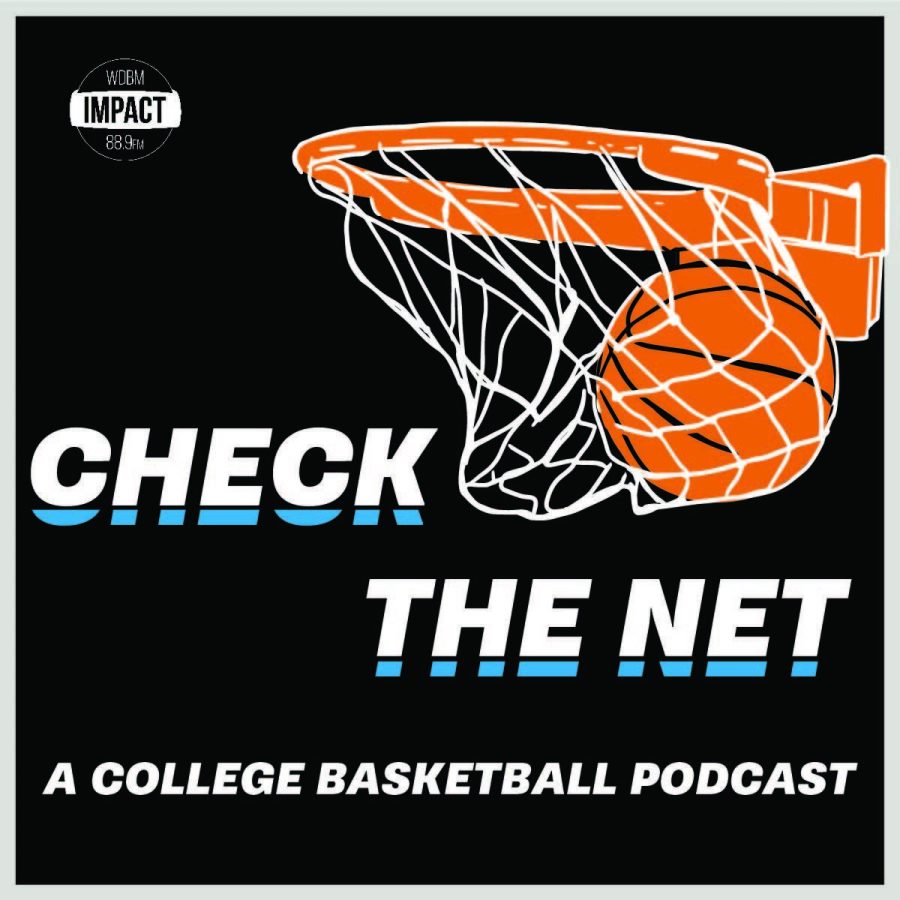Today’s weather forecast is predicting mainly sunny skies except for a few afternoon clouds with a high of 47 degrees and a low of 36 degrees.
California wildfires raise questions of AI’s environmental impact
The raging California wildfires have sparked conversation about Artificial Intelligence’s role in harming the environment. With the exponential growth of AI and increasing usage in college-level students, the environment’s future may be in danger. It has become critical for students to understand what goes on behind-the-scenes of AI and its environmental impact.
Anjana Susarla, professor in Responsible AI at Michigan State University explained that AI, such as ChatGPT, is powered off of AI models. To train these models, large scale datasets across the internet are collected and used in advanced machine learning algorithms to identify and learn patterns within that data. Because of AI’s rate of evolution, more and more high-spec training is demanded of it. More computing power is needed for its production and adequate training.
In the process of training these AI computer models, close to 300,000 gallons of water are needed daily to regulate the temperatures of the computers, using tremendous amounts of energy, Susarla said. These AI models are trained in data centers, large facilities located often on the coast of a large body of water. Data centers require a tremendous number of resources.
Environmental experts are saying something as powerful as AI also could be useful to environmental scientists in terms of building and analyzing models.
Since the California wildfires have become worldwide news, more people have started to express concern for the environment. This is especially true in relation to AI and its possible environmental effects. Some also worry about the lack of understanding when it comes to AI and its connection with the environment.
Federal funding freeze won’t affect financial aid, MSU says
Federal student loans, financial aid and Pell Grants will not be affected by the White House budget office’s call for a freeze on federal grants and loans, according to an MSU internal email. Researchers working on federally funded projects are being advised to continue their work unless directed otherwise.
The freeze was set to go into effect at 5 p.m. Tuesday before a federal judge blocked the directive. That administrative stay will last until Monday, Feb. 3.
The memo, released late Monday night from the Office of Management and Budget, calls on federal agencies to identify and review federal financial assistance programs to ensure they are consistent with President Donald Trump’s executive actions and orders.
All federal financial assistance that could be implicated by Trump’s recent executive orders, “including, but not limited to, financial assistance for foreign aid, nongovernmental organizations, DEI, woke gender ideology, and the green new deal” must be temporarily paused, according to the memo.
The memo carves out an exception for programs providing direct benefits to individuals including Social Security, Medicaid, the Supplemental Nutrition Assistance Program and Medicare. Federal financial aid for students also falls under this exception, MSU President Kevin Guskiewicz wrote in the internal email.
In the meantime, Guskiewicz recommended researchers continue to work on their federally funded projects unless they are told otherwise by their program officer, agency contact or MSU’s Office of Research and Innovation. Guskiewicz wrote that “caution should be exercised,” however, by researchers making new commitments or starting new experiments.
State Representative Julie Brixie presents tribute to MSU Student Food Bank
On Monday, Jan. 27, State Rep. Julie Brixie presented a tribute to the MSU Student Food Bank. Brixie, a Democrat representing Michigan’s 73rd district, has advocated for and invested in the Hunger Free Campus pilot program. This program, which also includes Macomb Community College, Grand Rapids Community College and Northern Michigan University, is aiming to eliminate food insecurity on college campuses across Michigan.
Brixie presented the tribute and took a tour of the MSU Student Food Bank facilities, located in Olin Health Center. MSU’s food bank was the first student-run food bank in the country, getting its start in 1993. Brixie’s tribute will go toward efforts to expand their services, as more and more students utilize the food bank each semester.
A self-shop option will open in the MSU Union, where students can make appointments to pick up their groceries, according to University Health and Wellbeing associate director Jamie Hutchinson.
The Union self-shop will include four refrigerators, two freezers, sections for dry goods and produce, and a bakery. Construction is expected to begin in the next six weeks.
The Student Food Bank is open Tuesdays, Wednesdays and Thursdays from 10 a.m. to 5 p.m. in room 151 of Olin Health Center. For students who need to access the food bank, there is an order form that can be filled out either online or through a walk-in order in person, and there is a wide variety to choose from.
The Student Food Bank also has many household items available for students. These items include paper towels, toilet paper, diapers, dish soap, laundry detergent and even “stress carts” (shopping cart-shaped stress toys).
Based on original reporting by Reiel Ghiglia, Emilio Perez Ibarguen and Melody Meyer.















